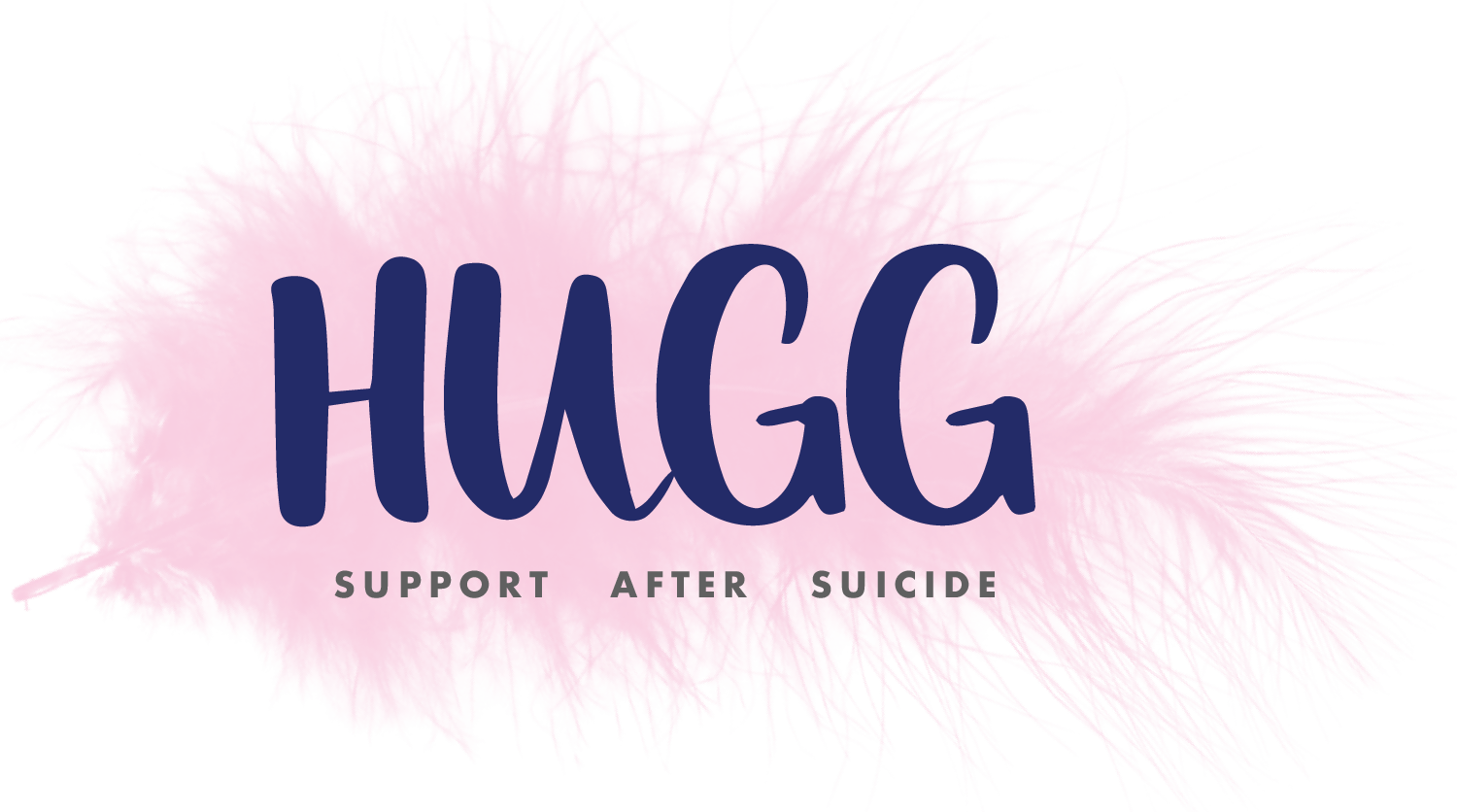
Helping someone after suicide
“The friend who can be silent with us in a moment of despair or confusion, who can stay with us in an hour of grief and bereavement, who can tolerate not knowing ~ not healing ~ not curing ~ that is a friend who cares.” – Henri Nouwen
The following suggestions are intended to guide you to comfortably extend yourself to suicide bereaved without concern that you might do or say the wrong thing. The worst that can happen, already has. You can’t fix it, but you can comfort. The bereaved family benefits greatly from the consoling balm of love and shared sorrow from caring friends.
What can I say?
The most caring and honest words are “I am so sorry”. You may wish to continue with “He/she will be missed” or even, “I don’t know what to say”. If you had a fondness for the dead person or spent a fun or significant time with them, share that with the family. Every positive mention, every antic, amusing story or reinforcing action involving the person who died is precious to the surviving family.
Should I say the word ‘suicide’?
If the cause of death is determined as ‘suicide’, that’s what it’s called and it’s o.k. to say the word. Often ‘killed himself’ or ‘ended their own life’ is used but there is really no soft, gentle way of saying ‘suicide’. Do not say ‘committed suicide’ or ‘completed suicide’. ‘Committed’ implies a crime. Suicide is not a crime and is a very stigmatizing and inappropriate phrase.
Can I ask “What Happened?”
If you are a close friend or extended family member you may wish to say “Do you want to tell me what happened?” If you fear that question will be viewed as intrusive, be guided by what the bereaved is saying. Suicide is so shocking, traumatic and usually unexpected family members may have a need to talk about what took place, relating in detail the last word, actions or what they found or saw. If you can’t handle the details of the death, don’t put yourself in a position to hear them. Don’t tell the bereaved not to think or talk about the death or the circumstance surrounding the death. Talking is cathartic and a critical component in the grieving and healing process. You are there to support and help. Listening may be your most caring gift.
Should I say the deceased person’s name?
Yes. There will never be a time when the family will not want to hear the name of the one who has died. Although the person is no longer living they are still a member of the family. When the family speaks of the deceased in the past tense then the support community is encouraged to do so as well. By listening as the family speaks you will be guided in the manner of addressing the death.
Is it helpful to share faith-based views or past experience with suicide?
No and No. Please refrain from interpreting ‘’God’s’’ view on suicide. If the bereaved has questions regarding suicide in relationship to sin and religion, ask a clergyperson to respond. It is not helpful to share judgmental beliefs about suicide nor, in the immediate aftermath, is it helpful or appropriate to share your personal struggles with mental illness, suicidal ideation or suicide attempts.
Are there topics to avoid?
It is never helpful to share the tragedies of others with newly bereaved persons. Don’t try to cheer-up the bereaved person. There is a time for that…but the time is not in the days, weeks or even months following the death. Be as natural and positive as possible. Deflect statements that perpetuate bias and misconception around the issue of suicide.
How long before they are healed and back to normal?
Adjusting to the loss of someone dearly loved is a life work in progress. Grief is not time-limited or measurable. Like a snowflake, grief is unique with each individual coping in their own space at their own pace. The old normal is gone; a new normal will evolve. This tragedy forever changes the lives of those bereaved but eventually, the initial raging grief will soften and come into acceptance and hope for a brighter future. However, be alert for indications of obsessive guilt, anger or talk of wanting to die. While it is not unusual or abnormal for suicide bereaved to speak of not wanting to live, it can also be a red flag. If such talk persists it is prudent to encourage an immediate appointment with the GP or appropriate therapist to ensure the safety of the bereaved and the peace of mind of all who care for them.






